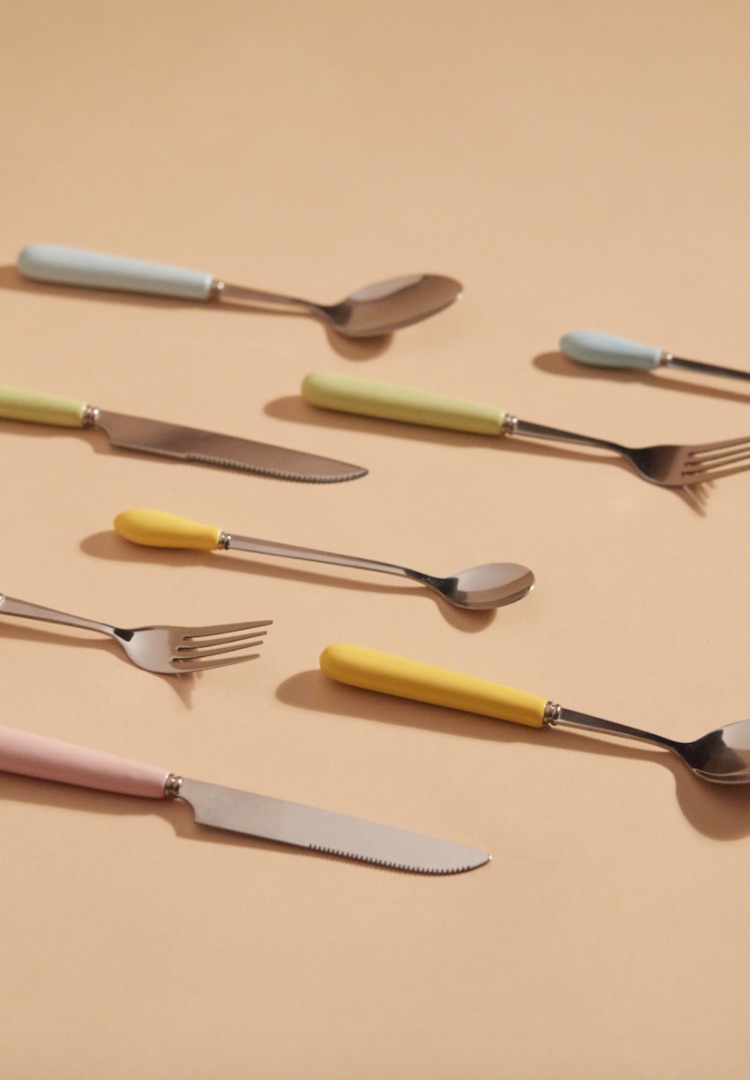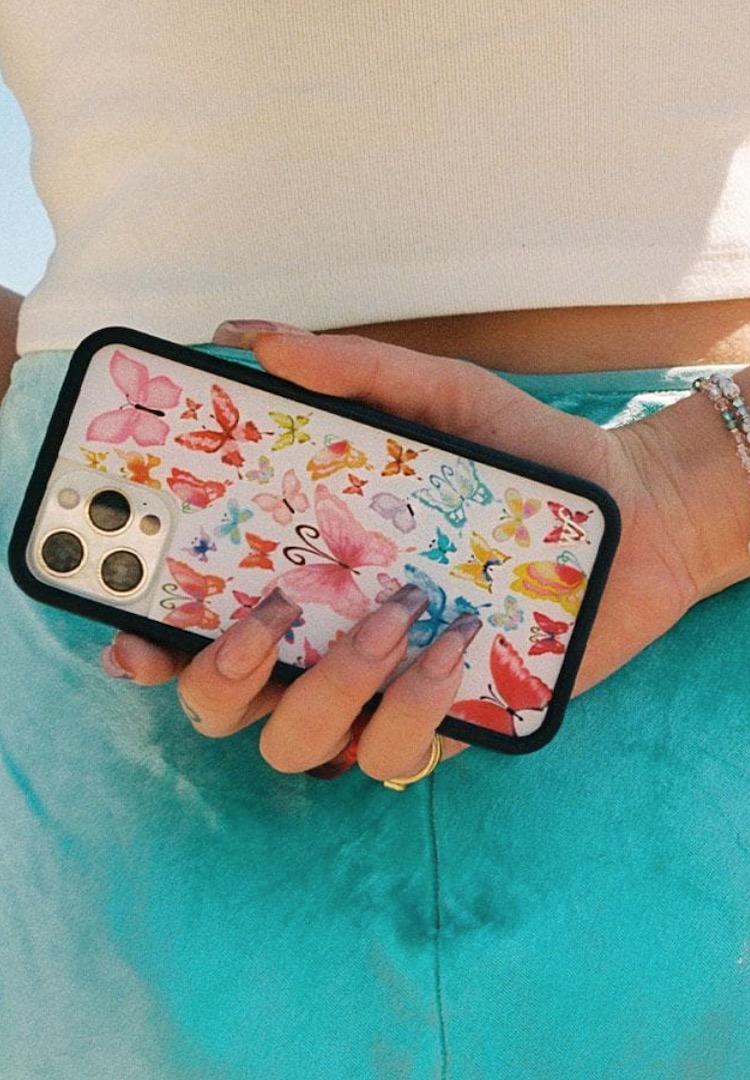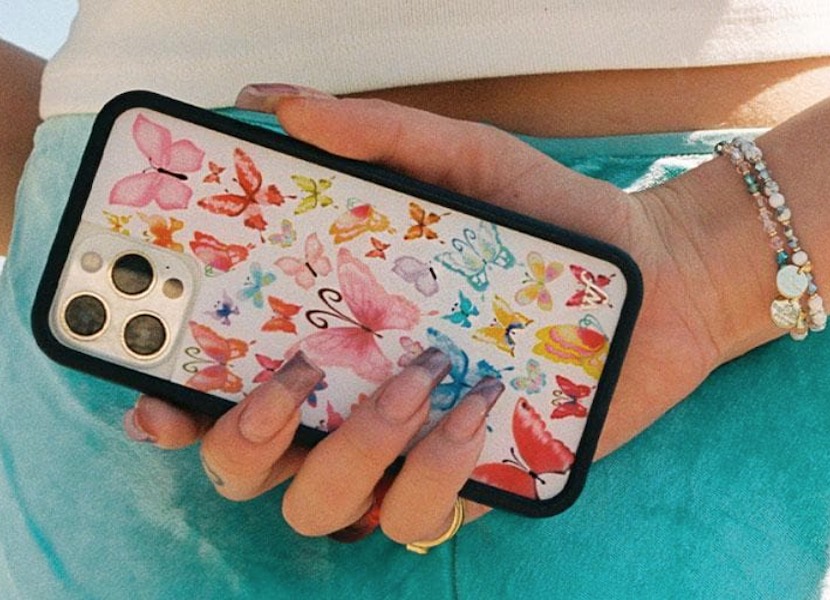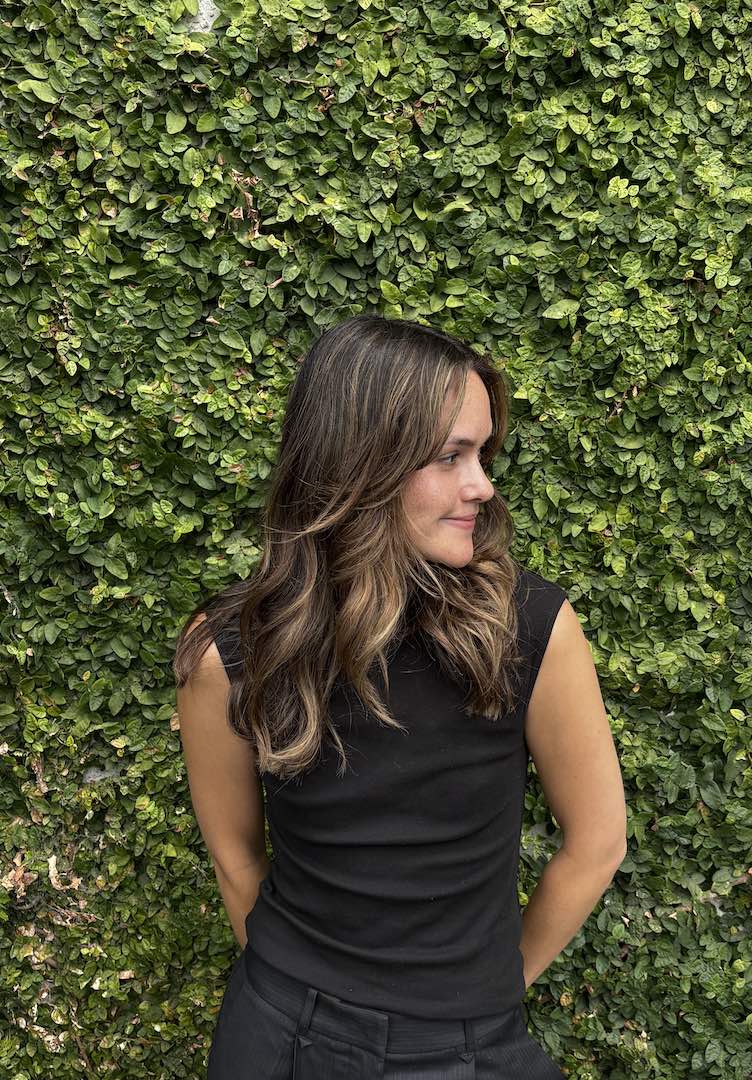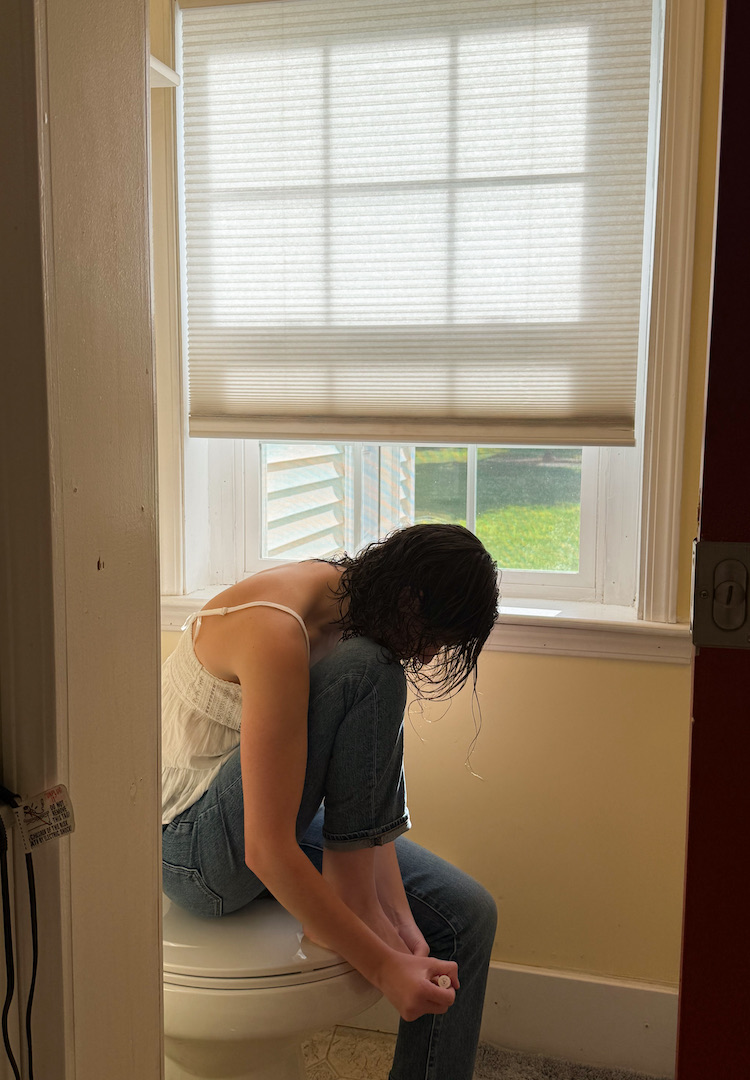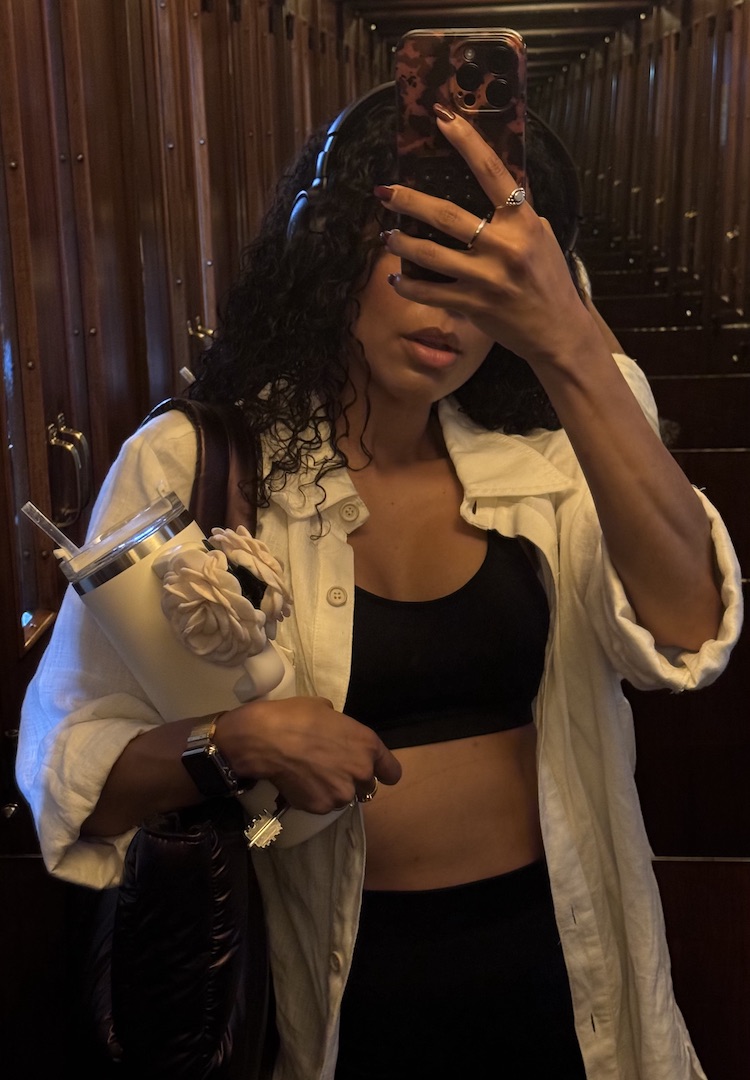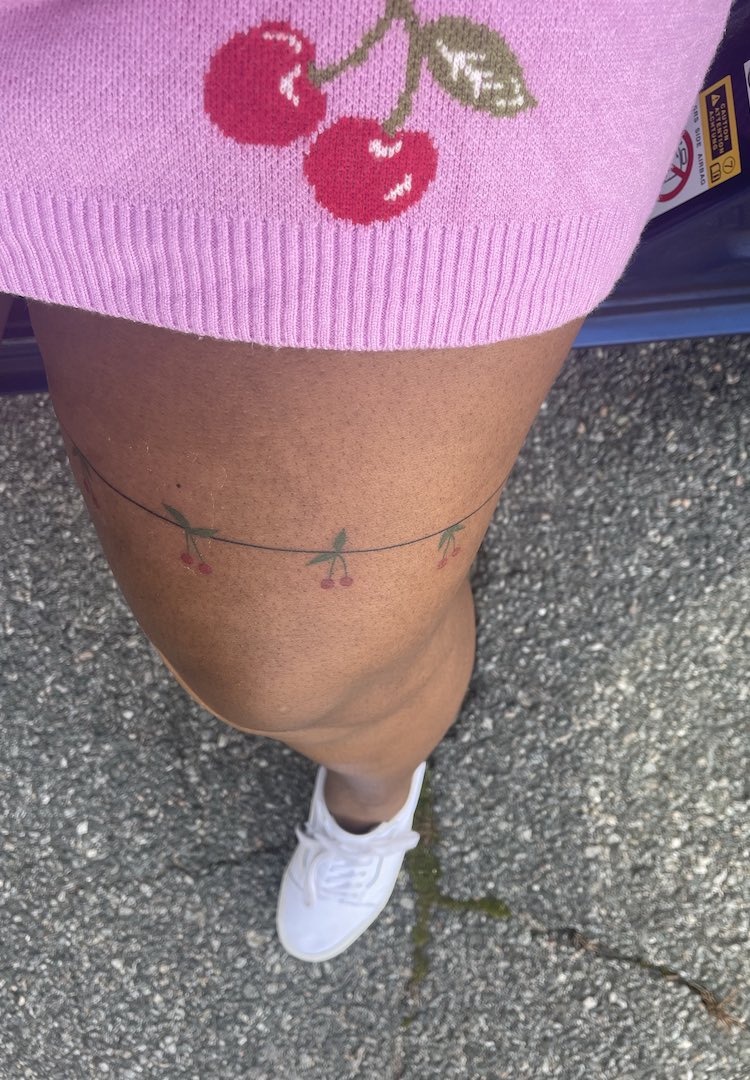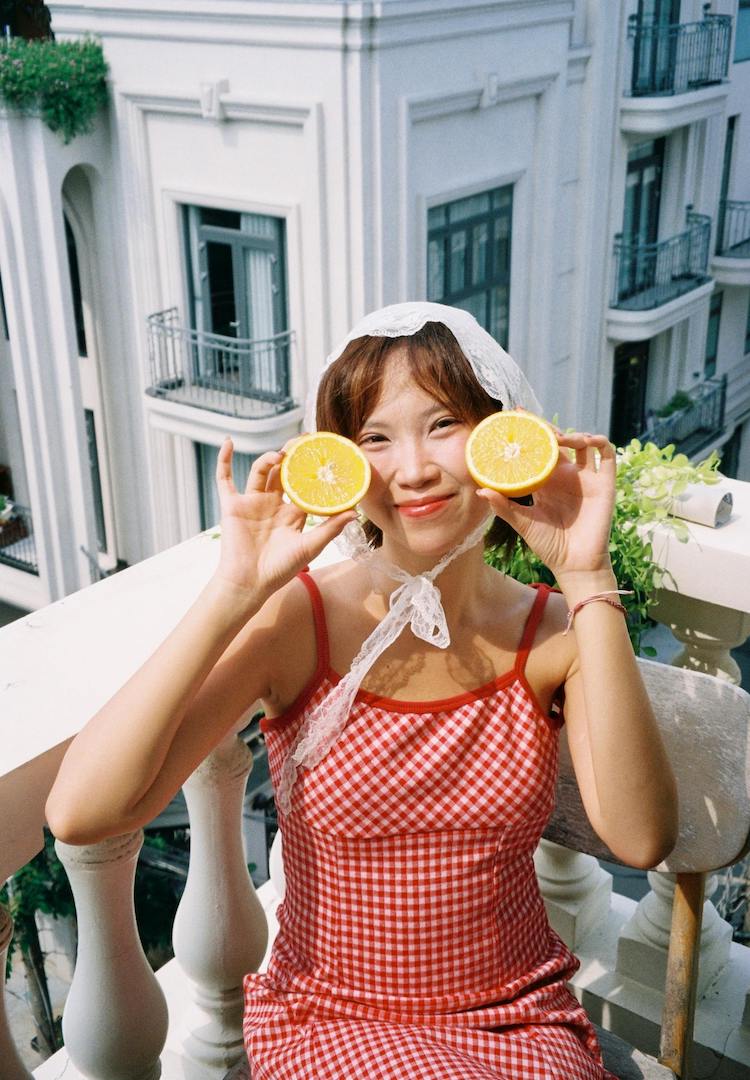I learnt I had ADHD from TikTok
IMAGE VIA WILDFLOWER CASES
WORDS BY Dasha Romanowski
“I accepted that this must be what adult life is, this constant, inescapable sense of drowning, and that I was just being lazy.”
Last month, at age 26, I was diagnosed with attention deficit hyperactivity disorder, more commonly known as ADHD. Two other friends were also recently diagnosed and several more are arranging ADHD assessments, while the various Facebook ADHD support groups I’m in are flooded with new members asking for psychiatrist recommendations every other day. A majority of these people are women or non-binary.
Thinking that I exist in an echo chamber of neurodivergent friends and algorithms tailored to the demographic of ‘mid-20s White woman with mental illness and an interest in cats’, I checked Google Trends. Turns out it’s not just me – worldwide, the search term ‘ADHD’ started rising in popularity at the end of 2019 and is now close to peaking.
For more personal essays, tap through to our Life section.
At the time of writing, the phrase ‘ADHD in women’ has seen the most significant growth in the last year of all search terms about the disorder in Australia. So why are mentions of ADHD everywhere at the moment?
Like many millennials and Gen Zers, I spent an ungodly amount of time on TikTok when the world entered apocalypse mode last year. But amid the dog videos and dance challenges, a new trend started emerging on my For You page: people openly discussing what it’s like to live with adult ADHD and, in particular, how women are chronically underdiagnosed with the disorder. I related to nearly every piece of content I saw.
With a newfound fervour, I consumed hundreds of TikToks about ADHD in women as I collected mental checklists in my mind. There were people who listed generalised symptoms that can be attributed to a plethora of causes, like aggression, the tendency to zone out or even having a messy house.
Some discussed more innocuous indicators, like finishing people’s sentences and having to set at least ten alarms to wake up, which I’d laugh about with my partner because I do both things. And then sometimes I encountered people describing experiences so akin to mine that I would feel a lump in my throat as I wondered, ‘Is this the missing piece that explains the chaos of my entire fucking life?’
For as long as I can remember, I’ve been obsessed with the pursuit of perfection. As a child, I excelled academically, diligently studied classical piano and was subsequently labelled with a term that would come back to haunt me: ‘gifted’.
In my young adult years, it looked like I was effortlessly hitting all the milestones of ‘success’. I saved up and bought my own car, went to university and maintained a social life and steady employment. But inside my head, there were a million competing voices demanding that I continue being better, better, better.
Despite the regular HDs I received for my essays, no one knew that I’d write them feverishly at the very last minute because I couldn’t find the motivation otherwise. No matter how hard I willed myself to focus in lectures, the information refused to register, and when I studied for exams, no amount of flashcards or highlighted notes would commit to memory in my sieve-like mind.
And so I convinced myself that I was pulling an elaborate trick on the world by fluking my so-called success, because successful people sure as hell don’t have a brain with the attention span of a three-year-old like I do. How was I possibly the same person I was as a child, who would devour an entire book in one sitting or learn Mozart’s ‘Rondo Alla Turca’ on the piano like it was nothing?
After graduating from university, navigating life as an adult presented new challenges. Working in an office felt like being imprisoned in a panopticon, where my colleagues and boss were the sentinels silently observing my ever-bouncing leg, the one restless outlet I allowed myself in my hyper-vigilant preoccupation with appearing ‘normal’.
Simple household tasks seemed insurmountable amid the added responsibilities of a full-time job. Because all my energy was devoted to trying to get through the day, creative projects I was once passionate about fell by the wayside.
I accepted that this must be what adult life is, this constant, inescapable sense of drowning, and that I was just being lazy. I continued how I’d always known: outwardly achieving, internally feeling as though I’d never live up to my potential.
So when I learned last year that ADHD is often linked to debilitating perfectionism to overcompensate for the fear of never being enough, I knew I had to pursue this further. Within months, a psychiatrist confirmed my suspicion with a diagnosis. In the days following my appointment, I felt relieved and validated, but overwhelmingly, I was grief-stricken. What would my life have looked like if this was picked up when I was younger?
While the floodgates of discourse surrounding ADHD have been flung open for a multitude of reasons, I suspect that a large part is because countless women and gender-diverse people have been experiencing the same emotions that I am right now. How did so many of us fly under the radar for decades with our symptoms dismissed as anxiety or reduced to stereotypes, like the quirky and forgetful ‘manic pixie dream girl’?
As with my experience, girls and women are often adept at masking their struggles and setting unrealistic standards for themselves to ‘keep up’ with their peers. Rather than lashing out, they internalise their feelings of worthlessness and direct that hatred towards themselves into their adult lives.
It’s also widely documented that ADHD is under-researched in girls and women. One of the first comprehensive studies focusing exclusively on ADHD in girls was only published in 2002. And that’s before we even consider viewing ADHD through the lens of intersectionality: when you add in factors like race, class and gender diversity, the gaps multiply exponentially.
While I’m still in the beginning stages of navigating my diagnosis, my new knowledge is already helping me unravel the threads of perfectionism, guilt and shame that constricted me for the better part of a decade. As I mourn for the younger version of me who thought she was broken, I celebrate the woman I am becoming as I understand my neurodivergence – and for the first time in years, I feel hopeful.
A key part of that understanding was built because of the countless neurodivergent people baring their souls to the world and sharing their experiences. Each story contributes to the snowball effect of discourse that we’re seeing right now, enabling the next person to learn that ADHD might be the missing piece they didn’t know to look for. And so we keep the conversation going, one TikTok at a time.
Want to learn more about ADHD? Try this.

